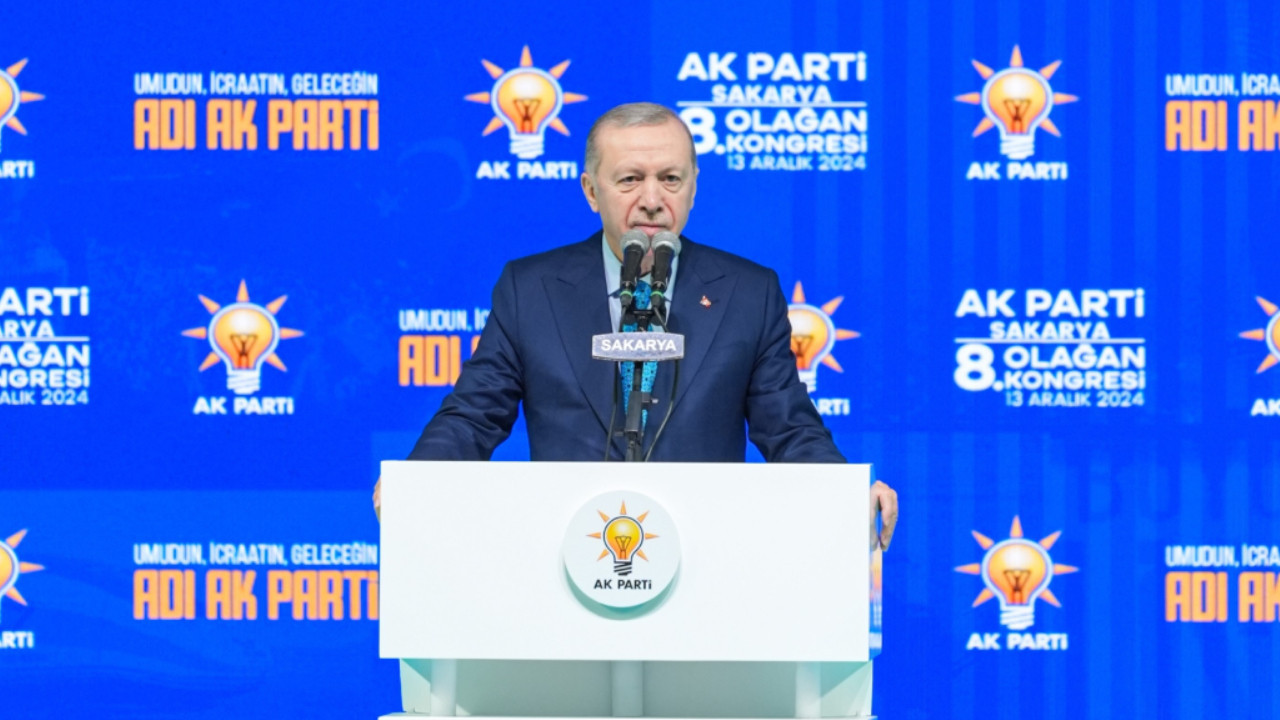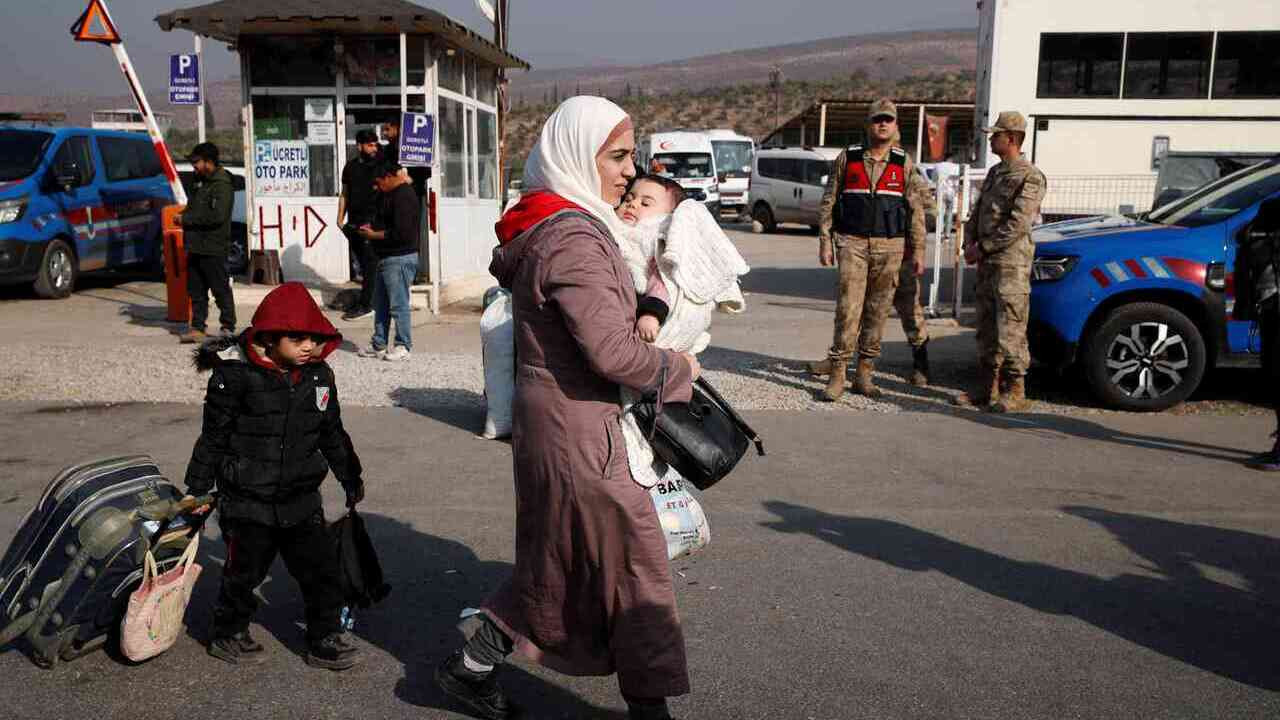Syrians in Istanbul say too early to talk about return
In the Yusufpaşa neighborhood of Istanbul’s Fatih district, Syrians think that it is too early to talk about returning to their homelands after Assad’s ouster.
Tuğba Özer / DUVAR
Following Bashar al-Assad’s ouster by the jihadist rebels, caretaker Prime Minister Mohammed al-Bashir called for Syrians abroad to return to their homelands.
According to official figures, Turkey hosts around three million Syrian refugees, as over 500,000 of them live in Istanbul.
We visited Istanbul’s Fatih district to interview Syrians. In the Yusufpaşa neighborhood, where most Syrians live, most businesses are also owned by Syrians. Syrians have created a ghetto here, mostly migrating from Aleppo and Raqqa.
The shops’ signs are also mostly in Arabic in the neighborhood which some call “small Syria.”
32-year-old Muhammed, who came to Turkey from Aleppo 10 years ago, said that he was happy and hopeful about the change in Syria.
“But the situation in Syria is not clear. There is no state yet. Inshallah, there will be a state. There is still no water, no electricity, no gas in Syria. There is not even bread. We will return, but there is still time. We will not return quickly,” he said.
He added that those who are already returning “are Syrians who are not working. People are working here, receiving salaries. We will take a look at the situation. I own land, a car, and a house in Aleppo. I am a tenant here, me and my brother are here. I have an older brother, my mother and sisters in Aleppo. Inshallah, there will be a government. We are hopeful. Hayat Tahrir Al-Sham (HTS) represents me.”
Muhammed is working at a restaurant 10-12 hours a day. “I am very happy living in Turkey, I got married here, and I had children. But I work hard here, I pay rent, I pay my insurance. All Arab countries closed their doors to us, but Turkey didn’t. I thank Turkey very much. The people of Turkey are our friends now. I miss Aleppo, I have not been back for 10 years, but there is no life here, how can I go back? I want this: I want to trade between the two countries. I want to sell the products I buy in Turkey in Aleppo. We should be allowed to travel back and forth.”
Meanwhile, an employee of a tourism company told us that as of next week, they will be starting a bus service from Yusufpaşa to Aleppo. Only two people have so far booked a seat on the bus.
44-year-old Muhammed, who came from Raqqa 12 years ago, said that he was happy living in Turkey and that he had no intention to return.
“I have three children. Two of them are studying at the medical faculty here and the other one is in the 3rd grade of high school. If I go to Syria, it will be very difficult. They were just children when they came here, they got used to here,” he said.
A real estate agent said Syrians did not start leaving “as claimed” after the change of administration in Syria and that there was no movement in the neighborhood.
“Turkish landlords who rent their houses to Syrians are waiting for the Syrians to leave. Rents here start from 15,000-20,000 liras now. The arrival of Syrians has raised rental prices. There is already inflation in the country and the situation is obvious when there is a demand from foreigners. Retired and minimum-wage earners cannot rent a house. Syrians can stay with 2-3 families in houses. This inflates prices. For this reason, both landlords and us real estate agents are not satisfied with the current situation,” they said.
27-year-old Abdulgani also came from Aleppo 11 years ago. “My mom, dad, and my whole family are in Aleppo. I send them money from here so they can live. The country is in ruins and we do not know how the new state will be. When the state recovers, when factories, shops, and restaurants will open, then we will leave as Syrians.”
Syrians would want to return to their homelands, but they are afraid because of the ambiguity of the new situation, he said.
“There are Syrians not only in Turkey but also in Germany, Spain, almost everywhere. It has only been a few days. We are waiting to see what will happen. There is no military, no municipality. We are happy that Assad is gone, but it is still complicated. That is why we are afraid. Syria was my first hometown, but now Turkey has become my second hometown. I like living in Turkey very much. I have many Turkish friends. I did not see much in Syria, I was very young when I came here. Turkey is like Europe, it is beautiful,” he added.

 Erdoğan welcomes Syrian refugees who would like to stay in TurkeyPolitics
Erdoğan welcomes Syrian refugees who would like to stay in TurkeyPolitics Syrians return home from Turkey with tears, hopeHuman Rights
Syrians return home from Turkey with tears, hopeHuman Rights Turkey's embassy in Damascus reopened after 12 yearsDiplomacy
Turkey's embassy in Damascus reopened after 12 yearsDiplomacy Turkey ready to offer military training to Syria if new administration requests, minister saysDiplomacy
Turkey ready to offer military training to Syria if new administration requests, minister saysDiplomacy